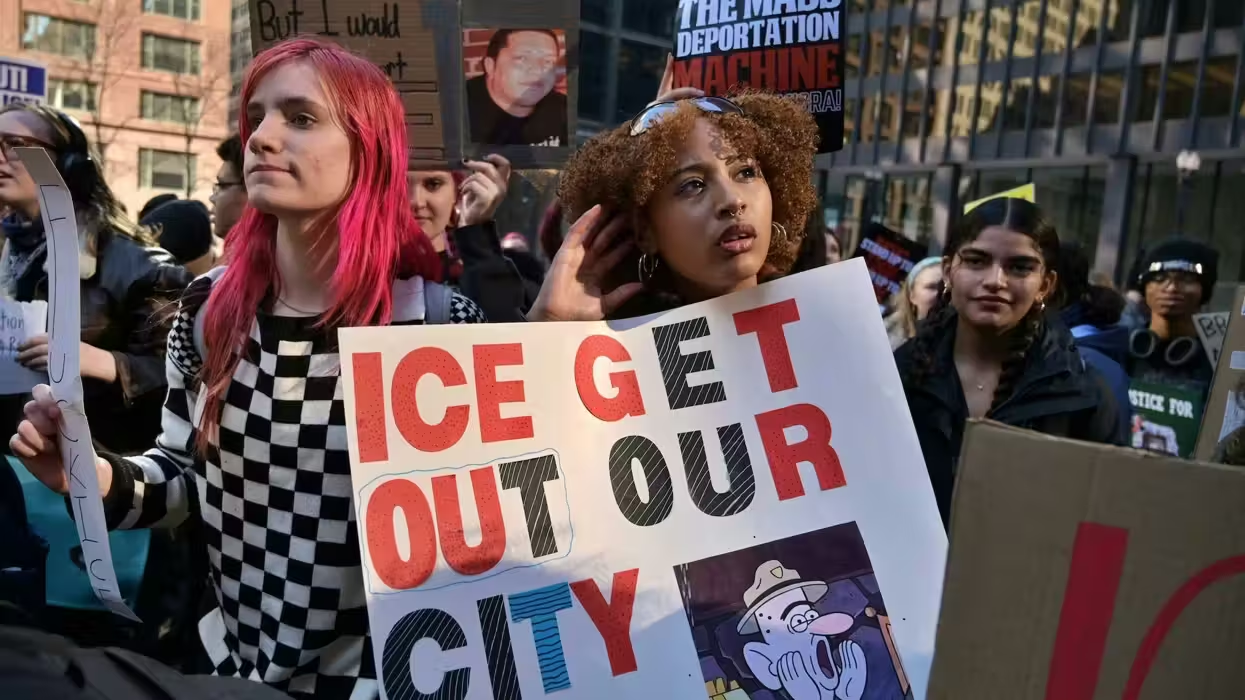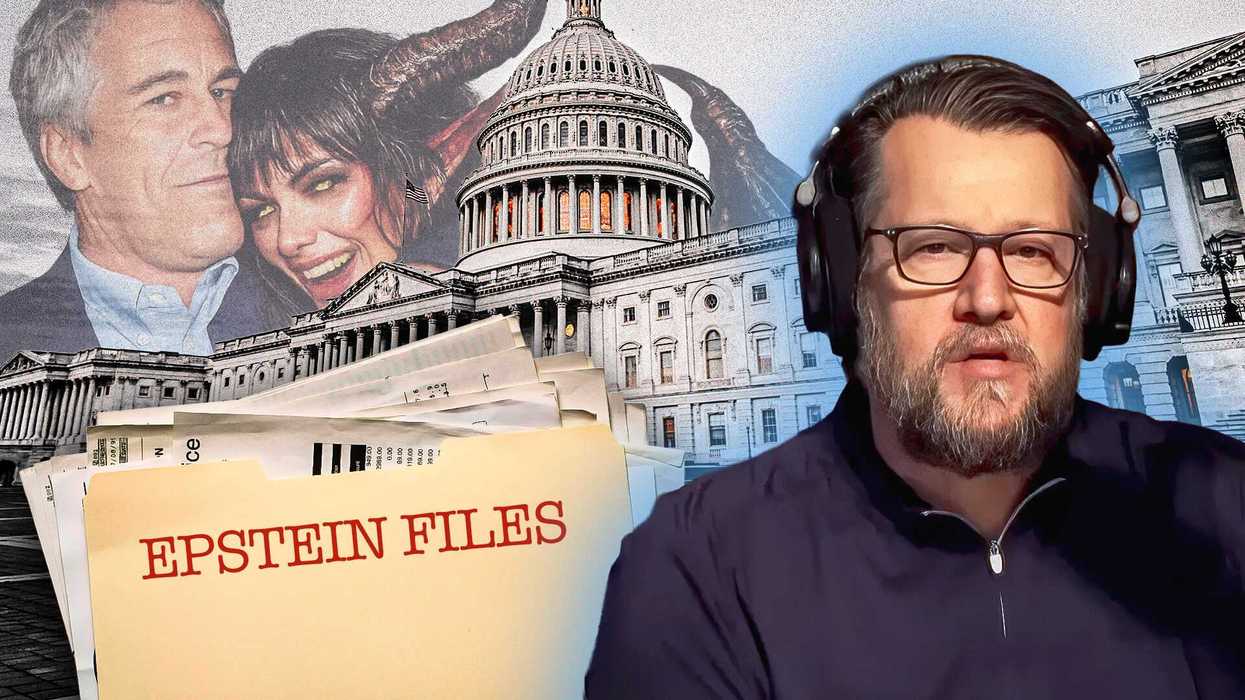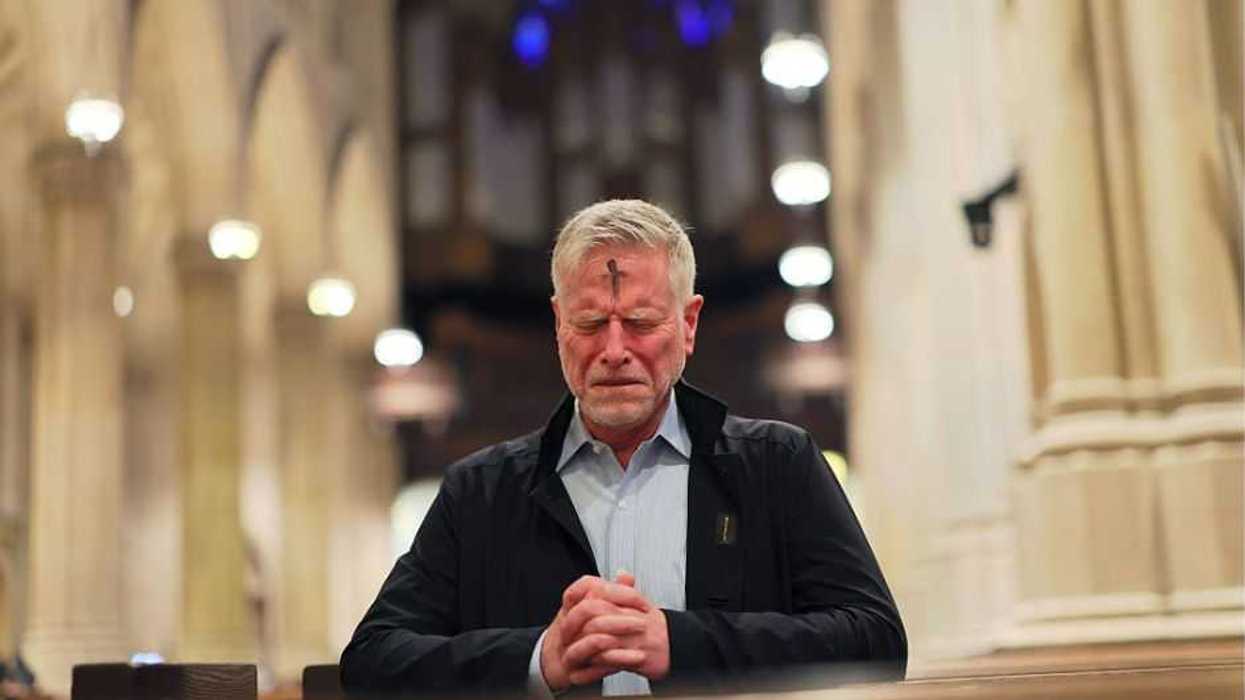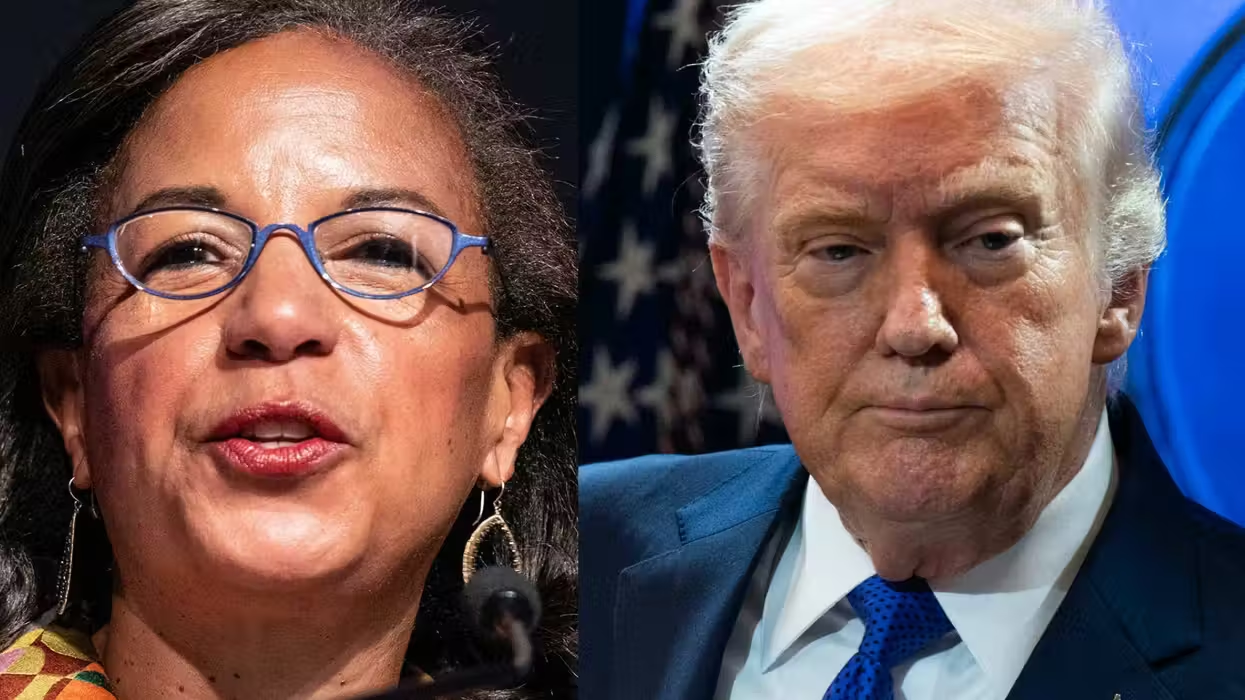
© 2026 Blaze Media LLC. All rights reserved.
Poised to dominate Europe and extend its tentacles into the U.S.
The 'Ndrangheta organized crime syndicate has invaded Europe with a dark cloud of violence, drugs, and corruption at the highest levels, and appears poised to grow even stronger in 2012 as Italy teeters on the brink of economic collapse.
For the first time, syndicate bosses described their organization to the German newspaper "Der Spiegel" last week, some of which is excerpted in this piece. Through dominance of the European cocaine trade, the 'Ndrangheta themselves explain how their clan has become one of the most powerful criminal organizations in the Western world.
And before you decide "this is Europe's problem," below is relevant history and context that show the 'Ndrangheta is already a threat to European states -- and could soon cause problems here in America, as evidenced by their ties with Mexican drug cartels.
First, we have to understand the environment in which a mafia can grow and thrive.
The original Sicilian mafia formed in the early 19th century at a time of social upheaval and civil unrest across Italy. As the inhabitants of Sicily moved away from a feudal society, there were food shortages, bandits roamed the countryside, and many towns had no local police.
It was in those surroundings that the first mafia became extralegal protectors and arbitrators for peasants and merchants. From humble Sicilian origins, the mafia's power would grow for over a hundred years. Many Mafiosi were forced to flee Sicily for America, however, when their offer of uniting with fascists under Mussolini was rebuffed and "Il Duce" tried to eliminate them. They were seen as a threat to the fascists' power as a state within a state.
Fast forward to the early 1990s and the cocaine trade:
Before Osama Bin Laden became the most wanted man in the world, perhaps the only individual who had reached the level of a national security threat to the United States was Pablo Escobar, leader of the Medellin cocaine cartel. Escobar's vast wealth threw Colombia into a bloody civil war, and years later his ability to buy even the most senior government officials -- and have others assassinated -- seems hard to fathom.
Now to the present.
The 'Ndrangheta is reaching its peak power at a time of broad civil unrest in Italy not unlike that of Italy during unifications in the 1800's or when fascism was ascendant in the 1930's. Some form of enhanced statism-- some would even say fascism-- could be in Italy's future if the country suffers a complete economic collapse and places controls on all hard currency. Crime families could choose to align themselves or influence the statists, or become a para-state organization operating a vast black market.
On top of that, 'Ndrangheta already has the nation-state level cash resources of a Colombian drug cartel, at a time when cash reserves in Europe are in short supply. In a declining economy, illicit opportunities will become increasingly attractive, and there are estimates that as much as 3 percent of the Italian GDP may be a result of the actions of the 'Ndrangheta today.
All one has to do is look at the rise of Russian mafia in the wake of the Soviet collapse to see that organized crime can become a strategic and international security threat. If the Russian mafia could reach the top of the power structure in a former global nuclear power, the threat to Italy must be taken seriously as well.
So who are the 'Ndrangheta?
There are estimated to be 10,000 'Ndrangheta members in the world today. Their home base, Calabria, is in southern Italy, forming the "toe of the boot" that is the Italian Peninsula.
Their ranks are roughly broken down into "illuminati" ("enlightened ones") and "manovali" ("henchmen"). Members are "baptized" at age 18, which refers to the secret ritual in which one is accepted into the "onorata società," or "honored society," as the 'Ndrangheta calls itself. There are families that have intermarried as many as four times in the 20th century, which is a deliberate strategy to promote loyalty and avoid informants.
In fact, "pentiti," or "the repentant ones" (called "stool pigeons" in America) are very rare when dealing with 'Ndrangheta. According to statistics compiled by the Italian judiciary, "until 2008 there were about 1,000 pentiti affiliated with the Sicilian Cosa Nostra, 2,000 with the Camorra in Naples -- but only 42 with the Calabrian 'Ndrangheta."
Today, Ndrangheta remains rooted in small villages in Calabria, in particular two hamlets, Plati and San Luca.
As for violence, the group keeps pace with the most bloodthirsty organized crime families. A gang war in 1975 claimed 300 lives, and most of the high-profile mafia violence in Germany in recent years has been attributable to 'Ndrangheta clans.
They are willing to use especially brutal methods to terrify civilians and send a message to authorities. In one such instance in 1991, according to Business Insider, "The members killed a butcher in the village of Taurianova in broad daylight. They cut off his head with one of his own knives and used the head for target practice in the village's main piazza."
In one of its most well-known actions, 'Ndrangheta members kidnapped oil tycoon heir John Paul Getty III in 1973. It was the ransom money from such kidnappings, including $2.7 million in the Getty case, that was used as seed capital to enter the intercontinental cocaine market.
Italian officials have estimated that 80 percent of Europe's cocaine now enters through the Calebrian coast, making it one of the major gateways for cocaine coming from South America worldwide.
'Ndrangheta Clans earns millions with each new shipment, and are sure to bribes officials who make decisions at ports of entry.
The 'Ndrangheta will send members to South America to negotiate cocaine deals, and are willing to consider alternative payment methods for South American groups that want something other than cash. Clan members have even arranged for the transport of military-grade weapons from the Balkans to groups in South America.
While the 'Ndrangheta are careful not to take risks by committing low-level street crimes, they are willing to engage in other schemes if the price is right, such as sinking radioactive waste off of the coast of Italy. They even have their own small navy, as seen in 2006 when a submarine laden with drugs was seized off of the Italian peninsula.
Law enforcement is trying to fight back of course, but with each raid, it becomes increasingly clear that the group has ties to the most senior levels of government and vast resources. According to Der Spiegel: "On July 13, 2010, public prosecutors struck in massive raids across Italy. The police seized assets worth about €1 billion. The clan, according to the investigators, has invested a substantial portion of its drug money in companies and real estate."
Here is a video clip of an 'Ndrangheta leader getting arrested on the street in Spain, courtesy of the Spanish Federal police:
Despite law enforcement pressure, business continues to boom for the 'Ndrangheta. In fact, they have so much money, some senior members have complained of the difficult finding places to invest it. But sources say since the mafiosi have been able to send their children to the best schools to produce lawyers, tax consultants, bankers and doctors, they can run money-laundering operations at the highest international levels.
This money has also allowed their influence to rapidly grow. 'Ndrangheta are alleged to own an entire neighborhood in Brussels, for example, and have substantial real estate holdings across Europe.
They are even influencing and buying national political elections. According to Business Insider: "Votes from ex-pat Italians are thought to have been bought to get Berlusconi party member Nicola Di Girolamo elected in 2008. In 2010, Di Girolamo was arrested for money laundering."
If all this is true, you might ask, why are we hearing about them now? Why are they sitting down with a major international newspaper?
Because they are getting stronger, and they want people to know it. They are increasingly operating out in the open. Clan members believe a storm is coming in Italy, and they are preparing to reap the benefits.
One source put it succinctly for Der Spiegel:
"They want to cultivate the myth of invincibility."
(Read the full Der Spiegel article here.)
Want to leave a tip?
We answer to you. Help keep our content free of advertisers and big tech censorship by leaving a tip today.
Want to join the conversation?
Already a subscriber?
more stories
Sign up for the Blaze newsletter
By signing up, you agree to our Privacy Policy and Terms of Use, and agree to receive content that may sometimes include advertisements. You may opt out at any time.
Related Content
© 2026 Blaze Media LLC. All rights reserved.
Get the stories that matter most delivered directly to your inbox.
By signing up, you agree to our Privacy Policy and Terms of Use, and agree to receive content that may sometimes include advertisements. You may opt out at any time.







